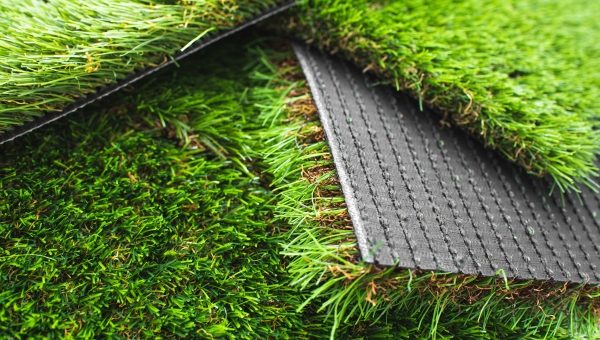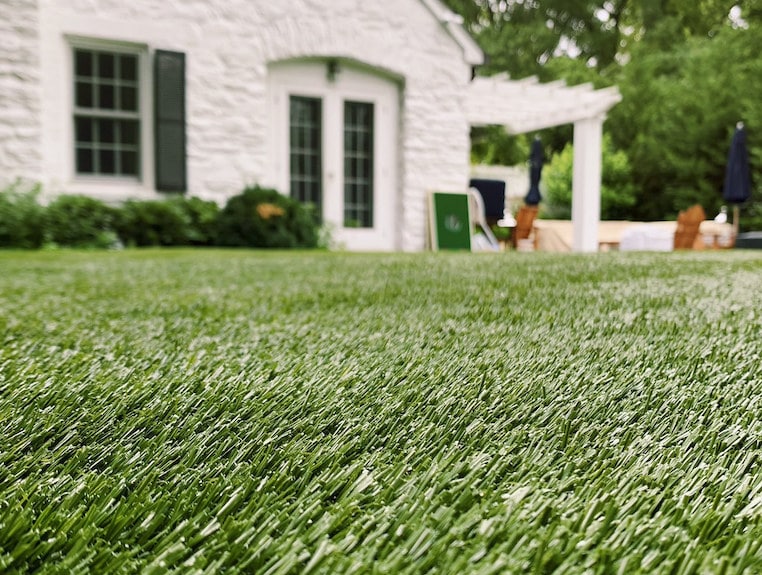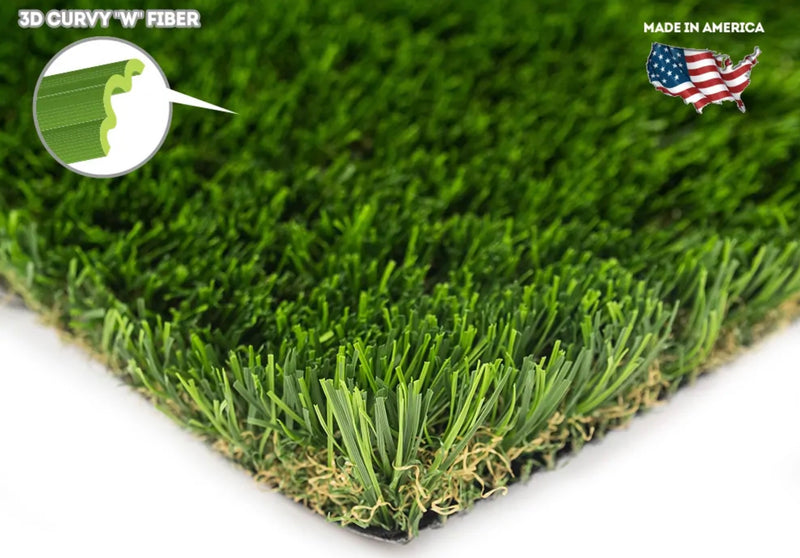Best Phoenix Turf Companies Providing Synthetic Grass Options
Best Phoenix Turf Companies Providing Synthetic Grass Options
Blog Article
Explore the Environmental Conveniences of Opting for Artificial Turf Solutions
The adoption of man-made grass remedies presents a compelling chance to deal with pushing environmental difficulties. By considerably reducing water use and decreasing the application of dangerous chemicals, these choices not just promote lasting landscaping however likewise secure local ecosystems. The lower carbon impact connected with lowered maintenance activities adds to an extra lasting method to land administration. Nonetheless, the implications of these benefits extend past simple conservation efforts, elevating questions about their lasting impact on habitat preservation and general ecological equilibrium. Checking out these dimensions discloses an intricate interaction worth taking into consideration.
Water Preservation Perks
One of the most considerable benefits of synthetic grass is its ability to save water. Typical lawn lawns need considerable irrigation, particularly in areas susceptible to dry spell or water restrictions. In contrast, man-made lawn does not need watering, considerably reducing the total demand for water resources. This attribute is particularly helpful in deserts where water scarcity is a pressing concern.
By eliminating the need for normal watering, synthetic grass adds to lasting landscape techniques and aids mitigate the ecological impact of excessive water usage. Furthermore, the conservation of water encompasses the decrease of overflow, which can lead to dirt erosion and waterway air pollution.
Furthermore, the setup of synthetic grass permits communities and property owners to assign water resources a lot more effectively, concentrating on necessary uses such as drinking water and agriculture. The change in the direction of synthetic grass not only advertises accountable water usage yet also straightens with broader ecological goals aimed at protecting natural deposits.
As neighborhoods increasingly prioritize sustainability, the water preservation advantages of fabricated turf provide an engaging instance for its adoption in commercial and household landscaping jobs.
Decreased Chemical Usage
The change to synthetic lawn significantly lowers the reliance on chemical therapies generally used in all-natural yard maintenance. Conventional grass administration commonly involves the application of plant foods, herbicides, and chemicals to promote growth and control bugs. These chemicals can position risks to human wellness, regional wild animals, and the environment, contributing to dirt and water contamination.
In comparison, synthetic grass gets rid of the requirement for these unsafe substances. Once installed, it requires very little upkeep, largely being composed of regular cleansing and seldom infill replenishment. This decrease in chemical usage not only profits the prompt setting yet also contributes to more comprehensive ecological stability. By lessening the release of synthetic compounds into the ecosystem, synthetic grass advertises healthier dirt and water systems.
Additionally, the lack of chemical overflow linked with synthetic grass installations assists secure local waterways from air pollution, sustaining aquatic life and keeping biodiversity. Turf installation phoenix az. As areas increasingly focus on sustainable practices, choosing for synthetic grass provides a sensible remedy that lines up with environmental preservation objectives. Via this shift, building owners can appreciate lush green areas without endangering ecological wellness, leading the way for a more lasting future
Reduced Carbon Impact

Furthermore, the setup of fabricated lawn can result in substantial water conservation. Natural yards call for substantial amounts of water for irrigation, which not only contributes to the carbon impact associated with water removal and therapy however additionally pressures neighborhood water sources. In comparison, synthetic lawn requires minimal upkeep, needing no watering, therefore significantly lowering water usage and its associated energy expenses.
In addition, the long life of synthetic grass adds to its lower carbon influence. With a life-span of as much as 15 years or more, the need for frequent replacements is decreased, causing less waste and reduced energy intake in manufacturing and dealing with traditional lawn choices. On the whole, synthetic grass presents a lasting alternative for eco conscious landscaping.
Habitat Conservation
Habitat conservation is a crucial factor to consider in the dispute over landscaping selections, particularly when comparing synthetic grass to all-natural lawn. All-natural lawn yards often require considerable upkeep, consisting of using herbicides, plant foods, and pesticides, which can adversely influence neighborhood environments. These chemicals can seep right into the soil and waterways, damaging native flora and fauna and interfering with regional environments.
Man-made grass removes the requirement for unsafe chemicals, consequently securing nearby wild animals and preserving the honesty of surrounding environments. The setup of fabricated lawn can lead to the conversion of former turf locations right into more biodiverse landscapes, such as pollinator gardens or indigenous plant locations, which can support local wildlife.
Inevitably, the transition to synthetic grass not only saves water and lowers upkeep efforts but additionally fosters a more harmonious relationship in between human tasks and the all-natural atmosphere, advertising environment preservation in the process.
Long-Term Sustainability
Long-lasting sustainability is a vital factor in evaluating the benefits of artificial grass over typical yard lawns. Among the most substantial advantages of synthetic grass is its longevity; it can look at these guys last as much as 15-20 years with very little upkeep, whereas all-natural yard needs regular reseeding and replacement. This long life minimizes the demand for consistent resources, such as water, plant foods, and pesticides, which are crucial for preserving a healthy turf lawn.
Additionally, synthetic grass contributes to a reduction in carbon discharges related to yard care equipment. Conventional i loved this yards commonly require gas-powered mowers, trimmers, and blowers, all of which add to air pollution. Arizona artificial turf. In comparison, synthetic grass eliminates the demand for such devices, promoting a cleaner environment
Moreover, the production of synthetic grass significantly uses recycled products, improving its sustainability profile. As producers adopt green practices, the ecological impact of man-made lawn remains to decrease.

Verdict
The adoption of synthetic grass remedies presents significant environmental benefits, including significant water conservation, lowered reliance on harmful chemicals, and a reduced carbon impact. Additionally, synthetic grass aids in protecting all-natural environments by lessening land disturbance and promoting long-lasting sustainability with the usage of sturdy products. Jointly, these variables emphasize the possibility of man-made grass to contribute favorably to environmental wellness and offer a sensible alternative to conventional landscape design practices in a progressively resource-conscious world.
In comparison, synthetic turf does not require watering, significantly decreasing the general demand for water resources. By minimizing the release of artificial substances right into the ecosystem, synthetic grass advertises much healthier soil and water systems.
In addition, the installation of synthetic lawn can result in substantial water conservation. In comparison, man-made turf requires marginal upkeep, needing no watering, therefore significantly minimizing water usage and its linked power expenses.

Report this page